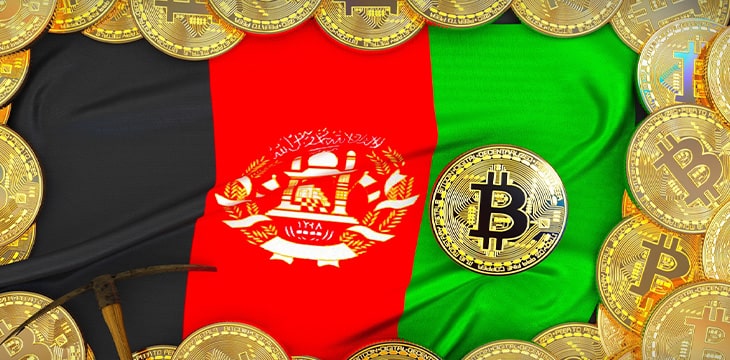|
Getting your Trinity Audio player ready...
|
Police in the city of Herat have started enforcing a nationwide ban on digital assets trading imposed by the central bank, Da Afghanistan Bank, this month.
Sayed Shah Sa’adat, the head of the counter-crime unit of the city’s police, told Bloomberg that over 20 digital asset businesses had been closed down. The police also arrested 13 digital asset dealers for defying the ban, most of whom have been released on bail.
“The central bank gave us an order to stop all money changers, individuals, and businesspeople from trading fraudulent digital currencies like what is commonly referred to as Bitcoin,” Saadaat said in a statement.
Herat, Afghanistan’s third largest city with an estimated population of over 500,000 residents, has been a hub of digital asset exchanges. Four of the six major digital asset brokerages in Afghanistan are located in the area.
According to a local report, residents of Herat have received the enforcement action with mixed feelings. The head of a local financial lobby group the Herat Money Exchangers’ Union, Ghulam Mohammad Suhrabi, backed the move stating that digital assets should be banned as it is still largely misunderstood in the Afghan market.
Meanwhile, another resident called for regulations and market monitoring to ensure Afghans make better investment decisions and not fall into scams.
Afghanistan and digital assets
Da Afghanistan Bank’s ban on digital assets had been predicted by some religious scholars, according to the Bloomberg report. The scholars argued that the Taliban would ban the asset class because it is considered “haram,” or forbidden to Muslims as it has elements of wagering.
This was after the Taliban-led government said it would study if digital assets can be allowed under Islamic financial practices while considering options to revive the country’s collapsed economy.
Meanwhile, a growing number of residents in the country have been turning to digital assets since the Taliban took power last year. A BBC report found that digital assets have become one of the easiest ways to perform cross-border transactions because of United States sanctions on the country.
Before the Taliban takeover, the previous Afghan government was more receptive to sustaining the economy with digital assets. Back in 2019, the central bank considered issuing a digital asset bond.
In contrast to Afghanistan, several other Muslim countries do not consider digital assets forbidden, including the United Arab Emirates, Qatar, and Bahrain.
Watch: The BSV Global Blockchain Convention panel, Blockchain in Middle East & South Asia
https://www.youtube.com/watch?v=Zh3sIuH85kc

 03-04-2026
03-04-2026 




